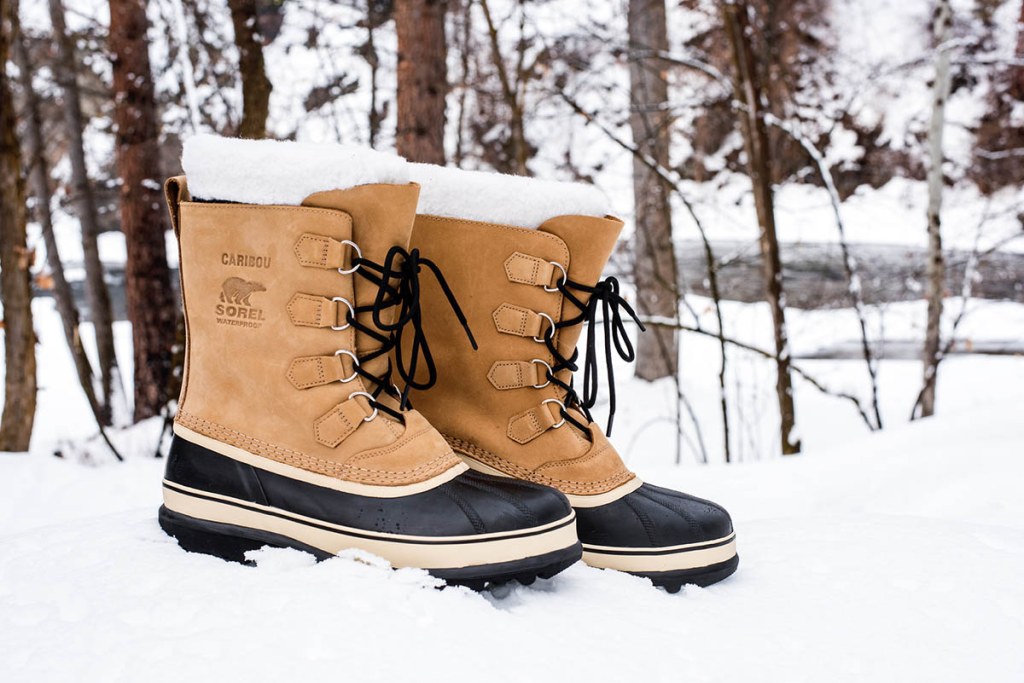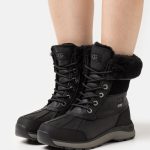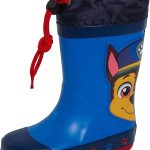Discover: Are Snow Boots Waterproof? Get The Ultimate Protection Now!
Are Snow Boots Waterproof?
Introduction
Good People, welcome to this informative article on snow boots! As winter approaches and the temperature drops, it’s essential to keep your feet warm and dry. One popular question that arises during this time is, Are snow boots waterproof? In this article, we will delve into the details of snow boots and explore their waterproof capabilities. So, if you are a Boots Enthusiast looking for reliable information, you’ve come to the right place!
1 Picture Gallery: Discover: Are Snow Boots Waterproof? Get The Ultimate Protection Now!
Now let’s dive into the world of snow boots and uncover everything you need to know about their waterproof features.
What Are Snow Boots?

Image Source: switchbacktravel.com
🌨️ What: Snow boots are specialized footwear designed to provide warmth, comfort, and protection in snowy and cold conditions. They are equipped with unique features to withstand harsh winter elements and keep your feet cozy.
They are typically made with insulated materials, have a sturdy outsole for traction, and come in various styles to suit different activities and preferences.
So, what makes snow boots different from regular boots? Let’s find out!
Who Needs Snow Boots?
👪 Who: Snow boots are a must-have for anyone living in regions with heavy snowfall or cold climates. They are suitable for both adults and children, ensuring that everyone can enjoy winter activities without compromising on comfort or safety.
Whether you’re planning a skiing trip, building snowmen with your kids, or simply navigating through icy pavements, snow boots offer the necessary protection and insulation.
Now that we know who can benefit from snow boots, let’s explore when they should be worn.
When to Wear Snow Boots?
📆 When: Snow boots are specifically designed for winter conditions, making them ideal for cold, snowy, or icy environments. They should be worn whenever you anticipate encountering such weather conditions.
Whether you’re going for a winter hike, shoveling snow, or walking to work on a frosty morning, snow boots will keep your feet warm, dry, and protected.
Now that we understand when snow boots should be worn, let’s uncover where to find them.
Where to Find Snow Boots?
📍 Where: Snow boots can be found in various retail stores, both physical and online. It’s crucial to choose a reputable retailer that offers high-quality snow boots from trusted brands.
You can visit outdoor sports stores, shoe stores, or check out online marketplaces that specialize in winter footwear. Make sure to read customer reviews and consider factors like insulation, waterproofing technology, and comfort before making a purchase.
Now that we know where to find snow boots, let’s explore why they are an essential winter accessory.
Why Are Snow Boots Essential?
❄️ Why: Snow boots are essential for several reasons. Firstly, their waterproof capabilities ensure that your feet remain dry even in wet snow or slushy conditions. This helps prevent discomfort, blisters, and potential health issues caused by prolonged exposure to moisture.
Secondly, snow boots provide insulation to keep your feet warm in sub-zero temperatures. They are designed to trap heat and create a barrier against the cold, ensuring maximum comfort and protection.
Furthermore, snow boots offer excellent traction with their specialized outsoles, reducing the risk of slips and falls on icy surfaces. This enhances safety and stability during winter activities.
Now that we understand the importance of snow boots, let’s explore how they provide waterproofing.
How Do Snow Boots Provide Waterproofing?
💦 How: Snow boots achieve waterproofing through various methods. Many boots utilize a combination of waterproof materials, such as treated leather, rubber, or synthetic fabrics.
These materials are often treated with waterproof membranes, such as Gore-Tex, which prevent water from seeping into the boots while allowing moisture to escape, keeping your feet dry and comfortable.
In addition to the materials, snow boots feature sealed seams, water-resistant zippers, and gussets to provide extra protection against water infiltration.
Now that we’ve explored how snow boots are waterproof, let’s move on to the advantages and disadvantages of owning a pair.
Advantages and Disadvantages of Snow Boots
✅ Advantages:
Snow boots keep your feet warm and dry in cold and snowy conditions.
They provide excellent traction, reducing the risk of slips and falls.
They offer insulation to keep your feet cozy in sub-zero temperatures.
Snow boots come in various styles and designs to suit different activities and fashion preferences.
They are durable and built to withstand harsh winter conditions.
❌ Disadvantages:
Snow boots can be expensive compared to regular footwear.
They can feel bulky and heavy due to their insulation and rugged construction.
Some snow boots may require additional care to maintain their waterproofing capabilities.
Certain styles may not provide adequate breathability, leading to sweaty feet.
Snow boots may not be suitable for year-round use in warmer climates.
Now that we’ve examined the pros and cons of snow boots, let’s address some common questions about them.
Frequently Asked Questions (FAQ)
❓ Q1: Are all snow boots waterproof?
🌟 A1: While most snow boots are designed to be waterproof, it’s essential to check the product specifications or labels to ensure the pair you choose provides the necessary waterproofing capabilities.
❓ Q2: Can I wear snow boots in the rain?
🌟 A2: Snow boots are primarily designed for snowy and cold conditions, but many waterproof models can also handle light rain. However, heavy downpours may exceed their waterproof capabilities.
❓ Q3: How do I maintain the waterproofing of my snow boots?
🌟 A3: To maintain the waterproofing of your snow boots, follow the manufacturer’s instructions regarding cleaning and conditioning. Avoid using harsh chemicals that may deteriorate the waterproofing treatments.
❓ Q4: Are snow boots suitable for hiking?
🌟 A4: While snow boots provide excellent traction and insulation, they are not specifically designed for long hikes or rocky terrains. It’s recommended to opt for hiking boots that offer the necessary ankle support and stability.
❓ Q5: Can I wear snow boots indoors?
🌟 A5: Snow boots are primarily designed for outdoor winter activities. Wearing them indoors for extended periods may cause overheating and discomfort.
Now that we’ve addressed some common questions, let’s conclude this article.
Conclusion
In conclusion, snow boots are indeed waterproof and essential for anyone facing winter conditions. They provide warmth, comfort, protection, and excellent traction, ensuring a pleasant winter experience.
Remember to choose reputable brands, consider your specific needs, and take proper care of your snow boots to maintain their waterproofing capabilities.
So, whether you’re planning a winter adventure or simply want to keep your feet dry during snowy days, investing in a pair of high-quality snow boots is a wise decision.
Stay warm, stay dry, and enjoy the winter wonderland!
Final Remarks
Boots Enthusiast, we hope this article has provided you with valuable insights into the world of snow boots and their waterproof features. It’s essential to choose the right pair to ensure maximum comfort and protection during the winter season.
Remember, staying informed and making informed decisions will help you make the most out of your winter adventures. Stay safe and enjoy the snowy wonders!
This post topic: Boots


